Search
Did you mean: Raphael?
Search Results
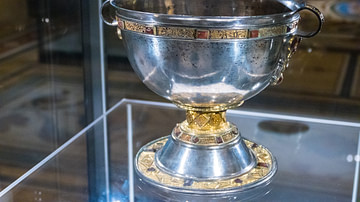
Definition
Derrynaflan Hoard
The Derrynaflan Hoard is a collection of Irish altar vessels dating between the 8th and 9th centuries CE. Discovered on the island of Derrynaflan, in the townland of Lurgoe, Co. Tipperary in 1980 CE, the pieces are now on display at the National...
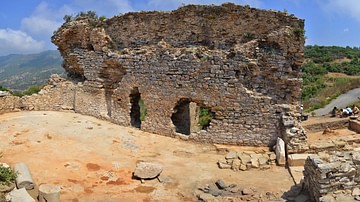
Definition
Antiochia ad Cragum
Antiochia ad Cragum (“Antioch on the Cliffs” or “Antioch at Cragus”) was a Hellenistic Roman city located in Cilicia Trachea (“Rough Cilicia”, also known as Cilicia Aspera and Cilicia Secunda) on the southern coast of modern-day Turkey (in...
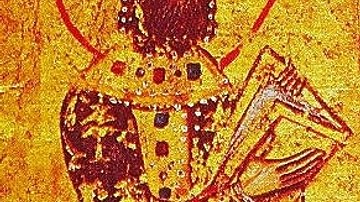
Definition
Alexios I Komnenos
Alexios I Komnenos (Alexius Comnenus) was emperor of the Byzantine Empire from 1081 to 1118 CE. Regarded as one of the great Byzantine rulers, Alexios defeated the Normans, the Pechenegs, and, with the help of the First Crusaders, the Seljuks...
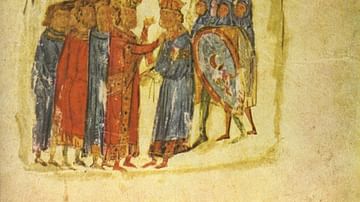
Definition
Nikephoros I
Nikephoros I ruled as emperor of the Byzantine Empire from 802 to 811 CE. A former finance minister who did much to improve the state economy, Nikephoros was not particularly popular with the empire's overtaxed peasants and overregulated...
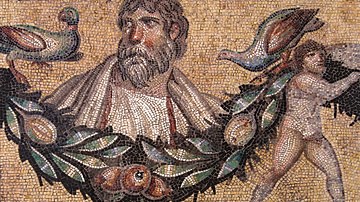
Article
Thucydides on the Plague of Athens: Text & Commentary
The Plague of Athens (429-426 BCE) struck the city, most likely, in 430 BCE before it was recognized as an epidemic and, before it was done, had claimed between 75,000-100,000 lives. Modern-day scholars believe it was most likely an outbreak...

Article
Zwingli's Persecution of the Anabaptists
Huldrych Zwingli (l. 1484-1531) broke with the Church in 1522 and defended his beliefs at the First Disputation in 1523, encouraging many people in Zürich to embrace his teachings. Among his followers was a group, soon known as Anabaptists...
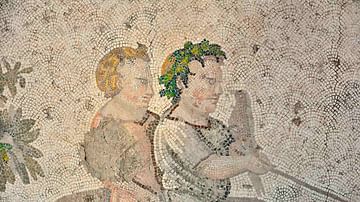
Article
The Great Palace of Constantinople
The Great Palace of Constantinople was the magnificent residence of Byzantine emperors and their court officials which included a golden throne room with wondrous mechanical devices, reception halls, chapels, treasury, and gardens. In use...
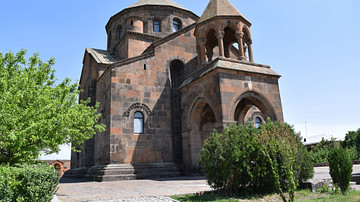
Article
The Differences Between Byzantine & Armenian Christianity
Although both the Byzantines and the Armenians were Christian, the types of Christianity they professed had important differences that led to a lack of recognition and tensions between the two groups and a considerable part of their relationship...

Video
Adam Smith: The Grandfather Of Economics
This video was made possible by our Patreon community! ❤️ See new videos early, participate in exclusive Q&As, and more! ➡️ https://www.patreon.com/EconomicsExplained ▀▀▀▀▀▀▀▀▀▀▀▀▀▀▀▀▀▀▀▀▀▀▀▀▀ This is Adam Smith. Adam Smith was a...
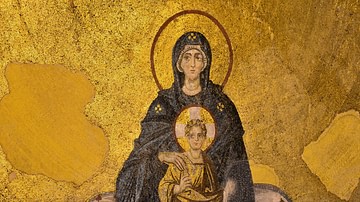
Definition
Byzantine Empire
The Byzantine Empire existed from 330 to 1453. It is often called the Eastern Roman Empire or simply Byzantium. The Byzantine capital was founded at Constantinople by Constantine I (r. 306-337). The Byzantine Empire varied in size over the...